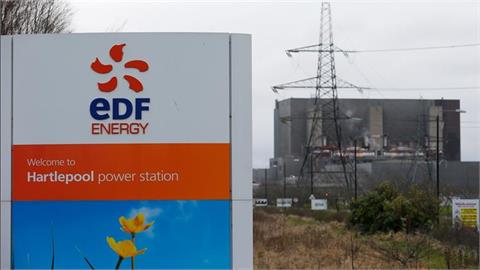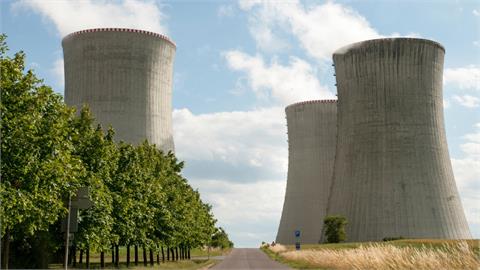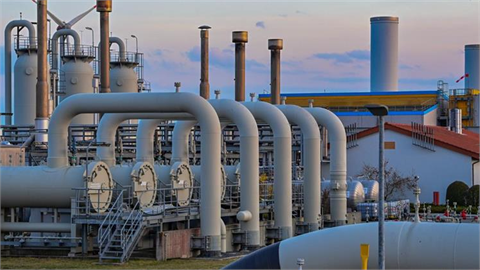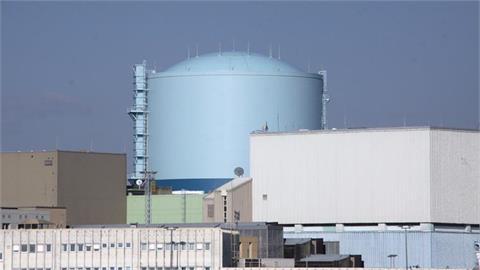Cyprus’ dreams of becoming an energy hub have taken a step backwards after Nicosia confirmed the construction of the EastMed gas pipeline is a longshot. In comments to state radio CyBC, newly appointed Foreign Minister Ioannis Kasoulides said that nothing was set in stone, while it remains to be confirmed whether the project is economically sustainable.
Kasoulides said he always saw the pipeline as a tool for creating problems, especially efforts to resolve Cyprus’ division.
“The EastMed was always subject to a positive financial feasibility study.”
He argued there were other options for using natural gas, such as creating smaller pipelines and selling natural gas using tankers.
Cyprus could also export electricity produced from natural gas.
Kasoulides’ comments come after a US expert rubbished the EastMEd project, claiming that it was too expensive, complex, and not fiscally viable.
Former US Special Envoy and Coordinator for International Energy Affairs Amos Hochstein said no economic feasibility study had been carried out since 2016.
“In the last five years, all that had been done was to sign maps and memoranda,” said Hochstein, arguing the European Union had never adopted the plan.
Hochstein said that multi-billion-dollar plans should be driven by their economic viability, not political motives.
“I do not see the need for the United States to support this plan.”
Responding to Hochstein’s comments, Government spokesman Marios Pelekanos said the pipeline is in the study stage, determining the project’s financial viability.
He reminded that the European Commission included EastMed as a project of common interest and has funded studies of more than €35 mln.
A US state department spokesperson said that Hochstein’s opinions were his own.
He said Washington believes it would be more useful to focus on electricity interconnection options.
In an interview with the Kathimerini newspaper, President Nicos Anastasiades said his government was looking into alternatives should the EastMed project collapse.
“If this plan is not feasible, then we are ready with our partners to consider other options.
“In any case, I do not think the study of other options harms the interests of any of us; of course, the solution that will be chosen will respect international law,” said President Anastasiades.
He added: “The European Union itself has adopted the project as one ‘of common interest’ and invested in studies concerning it.
“Let me remind you that the EU has only recently acknowledged natural gas as a transitional fuel in its move to greener options”.
Phileleftheros daily said that Nicosia is happy that the US fully supports its energy exploration, such as the presence of ExxonMobil in Cyprus’ Exclusive Economic Zone (EEZ)
In December, US giant ExxonMobil and Qatar Energy signed a second exploration and production-sharing contract for oil and gas in Cyprus’ EEZ.
It is the second Cyprus exploration contract the consortium has signed and the tenth licensed block of 13 in the Cypriot EEZ.
Sources said the US is pulling its support for the EastMed project for environmental reasons, sustainability, and perhaps “tensions” caused between Cyprus and Turkey.
The US supports all the other options being discussed to utilise the island’s natural gas reserves.
Interconnectors
Washington also publicly supports other energy projects such as the EuroAfrica and EuroAsia Interconnectors, linking the island’s electricity grid with Egypt, Israel and the European Union through Greece.
Greece, Cyprus and Israel signed a deal in early January 2020 to build a 1,900km subsea pipeline to carry natural gas from the eastern Mediterranean to Europe.
The EastMed pipeline was set to be completed by 2025, at an estimated cost of $7 bln.
The pipeline is expected to carry 9 to 12 billion cubic metres of natural gas a year from offshore reserves held by Israel and Cyprus to Greece and then to Italy and other south-eastern European countries.
The project had its difficulties as Turkey’s claims on the island’s EEZ has put Cyprus’ natural gas plans at risk.
Turkey has threatened international companies exploiting Cypriot waters with its “gunboat diplomacy”.
It climaxed in February 2018, when the Turkish navy prevented an ENI-leased drillship from reaching its drilling target in Cyprus’ Block 3.
Turkey claims to be looking out for its rights and those of the ‘Turkish Republic of Northern Cyprus’.
The self-proclaimed regime, recognised only by Ankara, lays claim to any energy resources discovered off its coast, claiming the island’s natural resources belong to both communities.
The eastern Mediterranean has become an energy hot spot with big natural gas finds for Cyprus, Israel, and Egypt in recent years.
(financialmirror.com, 17th January, 2022)



